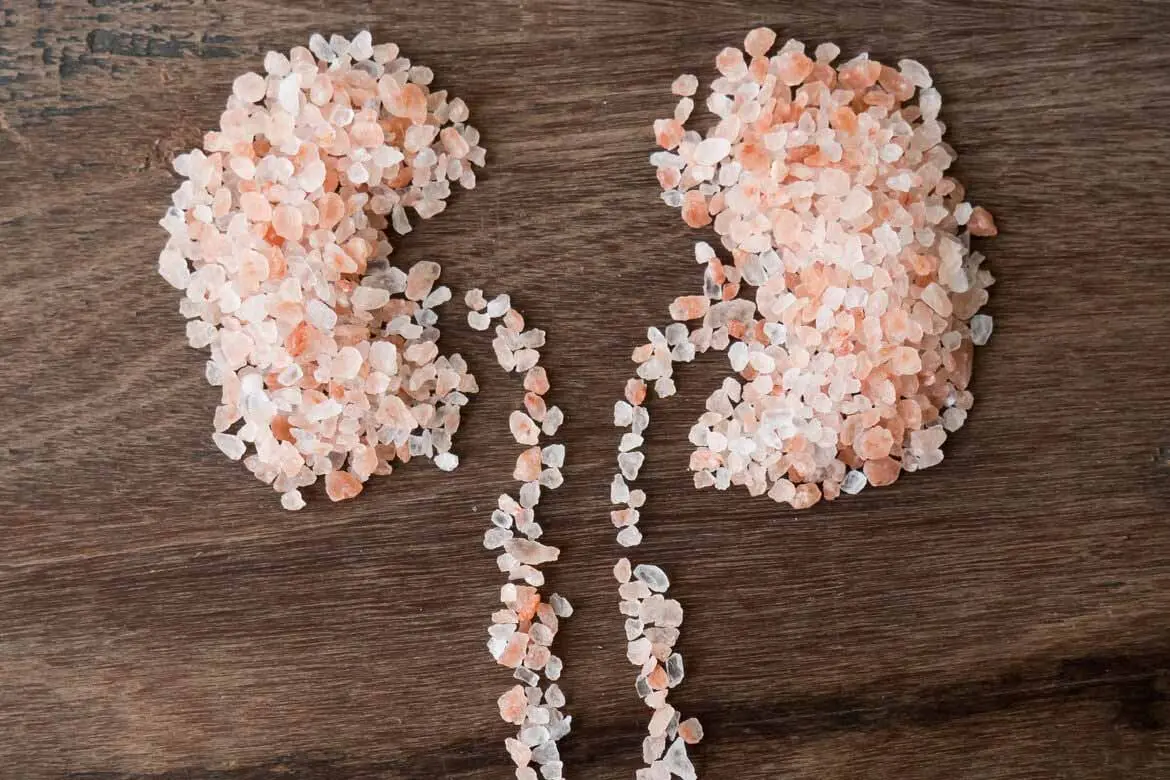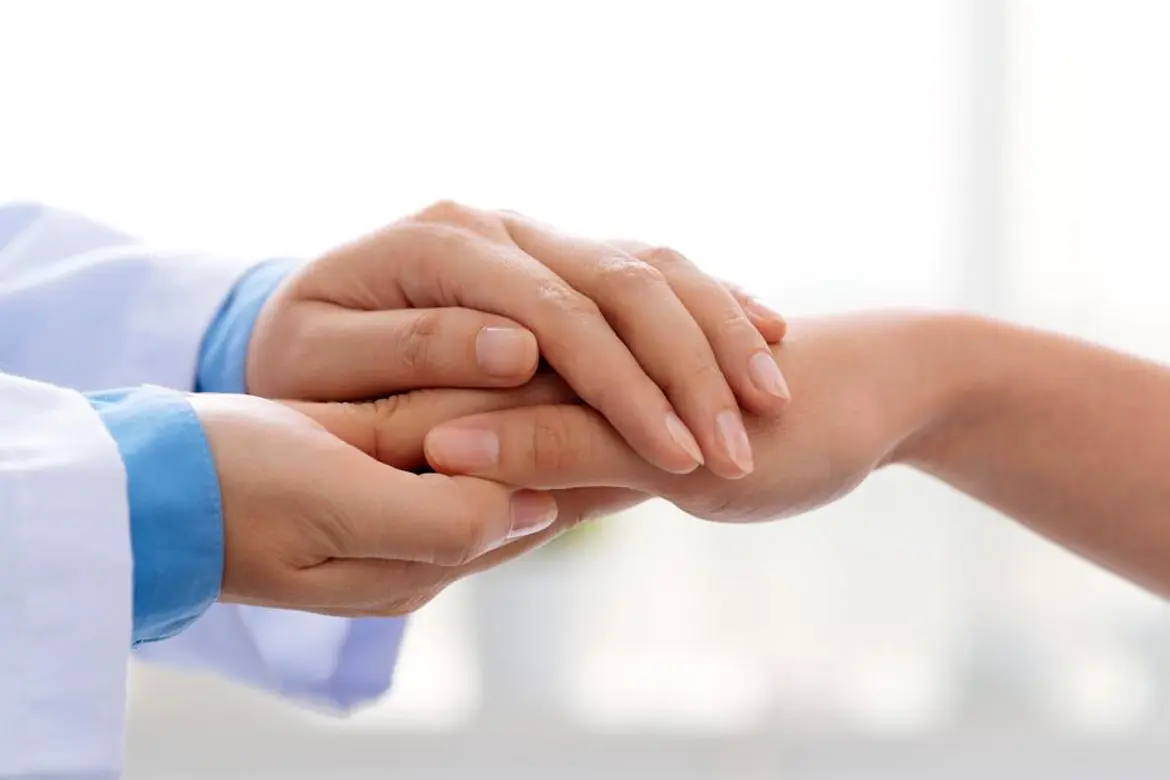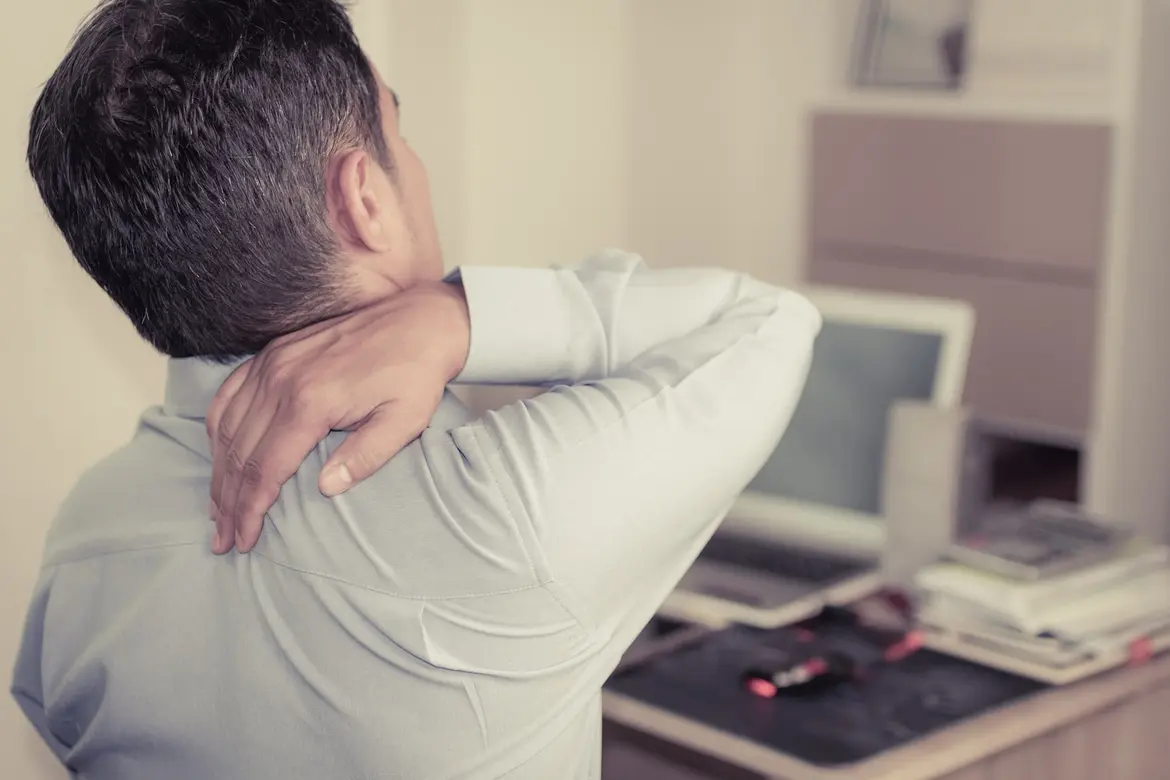Symptoms of common urological conditions
Although there are many different urological diseases, they often share similar manifestations. It is therefore very important to understand the unique symptoms of each disease and to know when to seek medical help.
Some common symptoms pointing to a urological condition include:
- Severe non-mechanical loin pain
- Blood in the urine
- Night and daytime urinary frequency
- Burning sensation during urination
- Poor urinary stream
- Terminal dribbling
What are some common types of urological disease?
Benign Prostatic Hyperplasia (BPH)
This refers to an enlarged prostate, which commonly affects older men. Symptoms can include a frequent need to urinate, accompanied by a weak stream of urine. One may also experience a sense of fullness in the bladder, even after urination, urination at night and terminal dribbling.
Depending on severity, your doctor may suggest monitoring, medication, or surgery, in severe cases.
Urinary Incontinence
This is when one experiences a loss of bladder control, resulting in unwanted leakage of urine. It can be caused by a whole range of issues such as BPH, overactive bladder syndrome, post-partum changes and can be exacerbated with menopause.
There are 3 main types of urinary incontinence: stress, urge and overflow, with each having its own aetiology. While you may control your fluid intake to manage the condition, experiencing any form of incontinence is definitely not normal. We suggest seeing a urologist to identify the root cause, and receive the right treatment, if needed.
Urinary Tract Infections (UTI)
Urinary tract infections affect ladies more often than men, although the latter can also suffer from the condition.
A UTI occurs when bacteria or viruses infect the urinary tract, causing a burning sensation during urination. Other symptoms include experiencing a frequent need to urinate, and incomplete urination. Short-course antibiotics remain the main stay of treatment.
For prevention of UTIs, cranberry and adequate hydration have been found to be beneficial. For ladies who have undergone menopause, consult your gynaecologist regarding the role of topical hormone cream. For men above the age of 50, treatment of BPH can help reduce the incidence of UTIs.
Kidney stones
Kidney stones are formed from crystallisation of minerals in the urine. Minerals can crystalise due to insufficient water or too much stone-forming minerals. Urinary stones can affect any part of your urinary tract, from your kidney to your bladder.
The management of urinary stones involves treatment of the stones as well as prevention of further recurrences. Treatment of urinary stones depends on their sizes and location. Most treatments make use of minimally invasive techniques which offer minimal discomfort and shorter hospital stays. This is coupled with a high stone-free rate and a quick return to work and normal functions.
As for prevention of stone recurrences, dietary manipulation remains a key strategy in stone prevention. One of the main advice, is to ensure one gets adequate hydration.
Urological cancers
Urological cancers such as prostate, kidney and bladder malignancies form a large and important part of urological diseases. Their symptoms may be similar to that of the common urological conditions, so early detection and investigation are key to increase survivability.
A detailed management regime must be discussed with your urologist.
Can urological diseases be prevented?
A healthy lifestyle will help in the prevention of urological diseases. These include the following:
- Getting enough sleep
- Reducing stress
- Quitting smoking
- Avoiding fried and barbecued meats
- Reducing chemical exposure, such as toxic hair colouring
Hydrating right
Regulating urine output is a better way to ensure adequate hydration than limiting your fluid intake. While it is difficult to actually measure your actual urine output on a daily basis, a good gauge would be noticing the colour of your urine. If your urine output is concentrated (a dark yellow colour), it will indicate that you are not drinking enough water to replenish fluid loss through bodily reactions such as perspiring.















